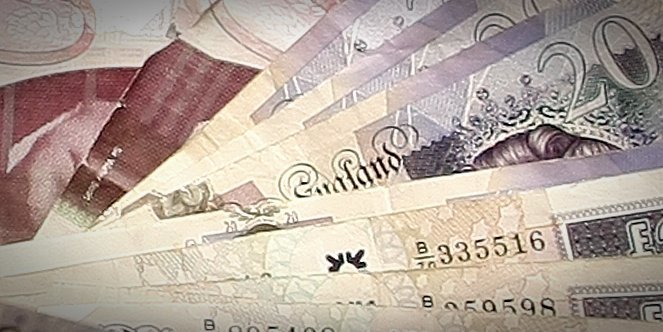A Dundee MSP has warned the poorest people in Scotland will suffer because of plans to charge credit unions for using banking services.
Organisations such as Discovery Credit Union in Dundee have been praised by the Scottish Government for the financial services they offer, but now face a massive increase in costs as banks start charging them for their services.
The credit union could face charges of up to £800 a month, which could ultimately limit the amount they can lend to their members.
Previously, banks viewed it as part of their social responsibility to grant them free banking services.
Run on a not-for-profit basis, credit unions are financial cooperatives owned by their members. They offer low-interest loans and safe savings, often to people on low incomes who would normally be unable to borrow from high street banks or are forced to turn to high-interest loans or even illegal loan sharks.
It limits maximum loans to £250 so members can address short-term money problems without getting heavily into debt.
There are more than 100 credit unions in Scotland with a total membership of around 250,000.
The Discovery Credit Union has around 3,000 adult members and 15,000 junior savers. Run by Dundee City Council, anyone who lives or works in the city is eligible to join.
However, a recent report to its board of directors warns of dire consequences for the future of the organisation should its bank press ahead with plans to introduce charges for credit unions.
The credit union banks with RBS, which is 84% owned by the taxpayer. It is understood that RBS could charge Discovery Credit Union 59p for every electronic transfer of state benefits into its account, while further charges are also set to be applied for cashing cheques as it seeks to increase income.
Dundee-based MSP Jenny Marra said RBS will be ignoring its social responsibilities by introducing bank charges.’Impact’She said: ”Credit unions put all the money they receive into a pot which they use to offer loans. These charges will reduce their ability to do that so it will have an impact on the people they help the most.
”It just seems grossly unfair that they are targeting credit unions for profit. There are so many other ways they can make their profits.
”I think people will be quite angry once they realise what they are doing. It is not just a token payment they are taking it is a business charge.”
Miss Marra said that RBS’ decision to start charging credit unions fees penalises people in Dundee given its programme of branch closures in the city.
She said: ”With the branch closures in Lochee and at Ninewells, I think RBS has much more of a responsibility taxpayers bailed them out but they are still closing branches.”
The Scottish Government extolled the virtues of credit unions earlier this year, citing them as a responsible means of borrowing money and hitting out at loan sharks who prey on the poorest communities.
A spokesman for RBS said the bank is in discussion with Discovery Credit Union about their banking arrangements and that no final decision on fees has been reached.
However, the bank said credit unions would be charged at an appropriate level.
Other banks have also introduced charges for credit unions. Earlier this year the Clydesdale Bank introduced charges, which said it was responding to an increase in the number or credit union transactions it must process.
Credit unions are asked by the bank to pay half of what businesses do for their transactions.
